Resources

Re’eh: Are We a People Chosen by God?
Yeshayahu Leibowitz wrote, “The uniqueness of the People Israel is not a fact; it is a task. The holiness of Israel is not a reality but a role.” If Jews are to express some sense of being “treasured,” we need new religious perspectives recognizing everyone as created in God’s image.
more
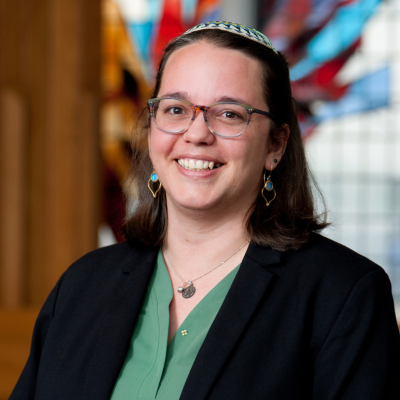
Re’eh: Open Your Hand and Lend Enough
God entrusts us, flawed mortal beings as we are, with the responsibility to figure it out and take care of each other.
more
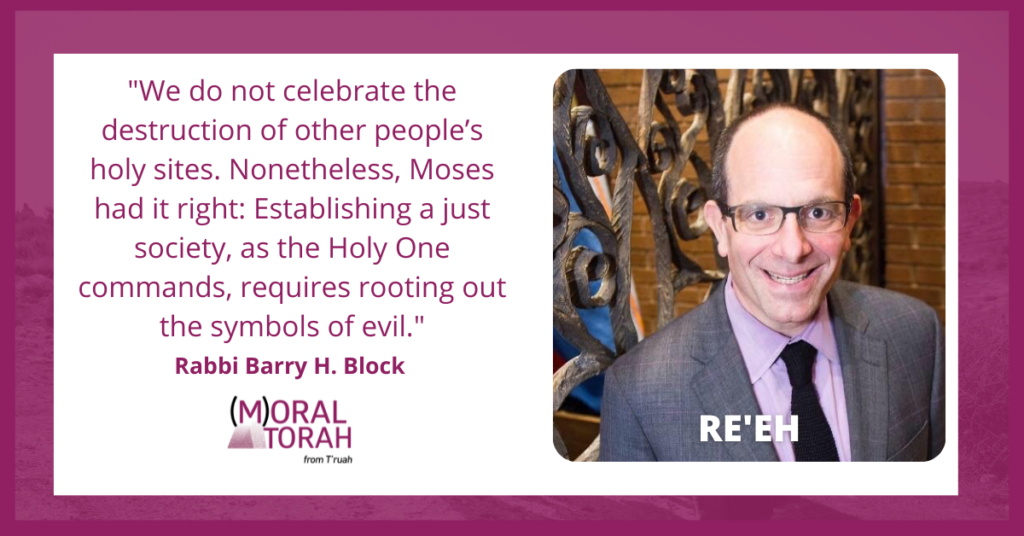
Dangerous Idols in Ancient Israel and Contemporary America
We do not celebrate the destruction of other people’s holy sites. Nonetheless, Moses had it right: Establishing a just society, as the Holy One commands, requires rooting out the symbols of evil.
more
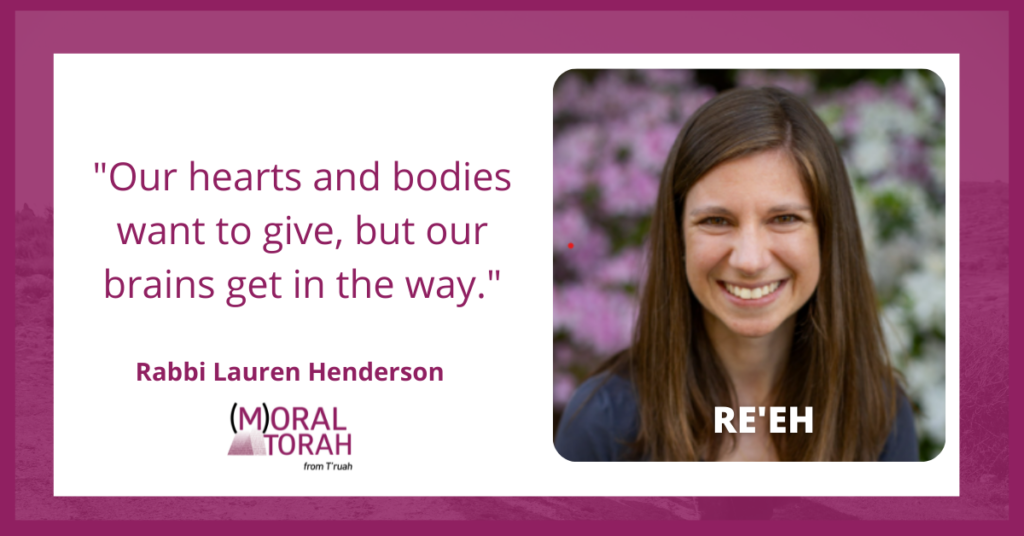
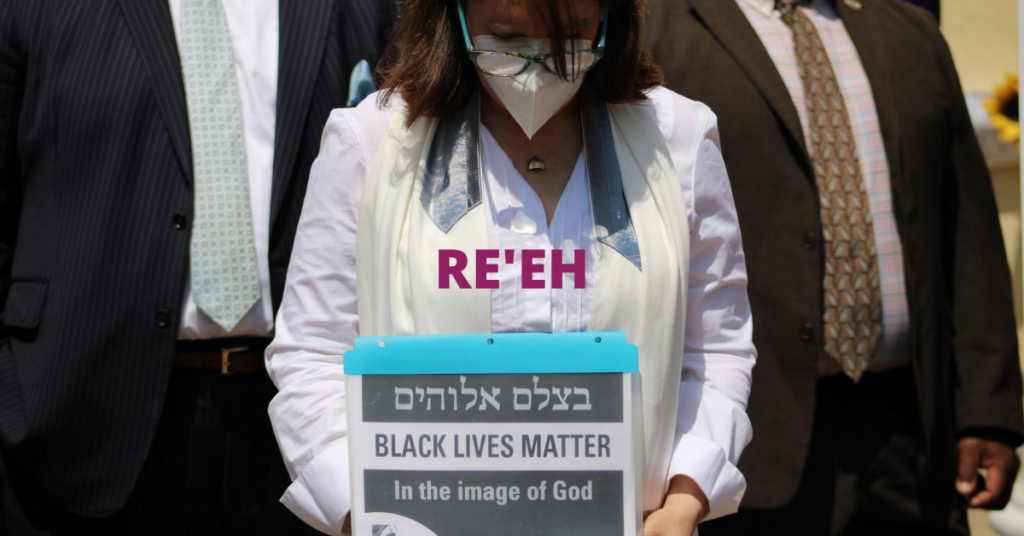
The World as It Is and the World as It Should Be
"As an organizer who encourages people to march for justice and bring their activism to the streets, I often get asked if the signs and slogans of protests are unrealistic, or would turn people away with their seemingly out of reach demands and strong language."
more

Look, and Find Compassion
Rabbi Debra Kassoff encourages us to look at things a little differently in this week's drash on Parshat Re'eh.
more

Openly Open (Parshat Re’eh)
A d’var Torah for Parshat Re’eh No miracles this week. Just another Torah portion in Deuteronomy. The days of the big fancy parshiot are over. No 90-year-old’s miracle births this week. No walls of water, no giant holes opening up to swallow the rebels. Just a list of laws, as the Torah heads towards its...
more

‘Wayward’ House Demolitions
Earlier this month, Israel’s Supreme Court ruled that the military may demolish the homes of three Palestinian men who, on June 16, 2017, led a stabbing and shooting attack in Jerusalem’s Old City, killing an Israeli soldier. Israel intends to carry out the demolition orders, even though the perpetrators of this heinous attack were killed...
more
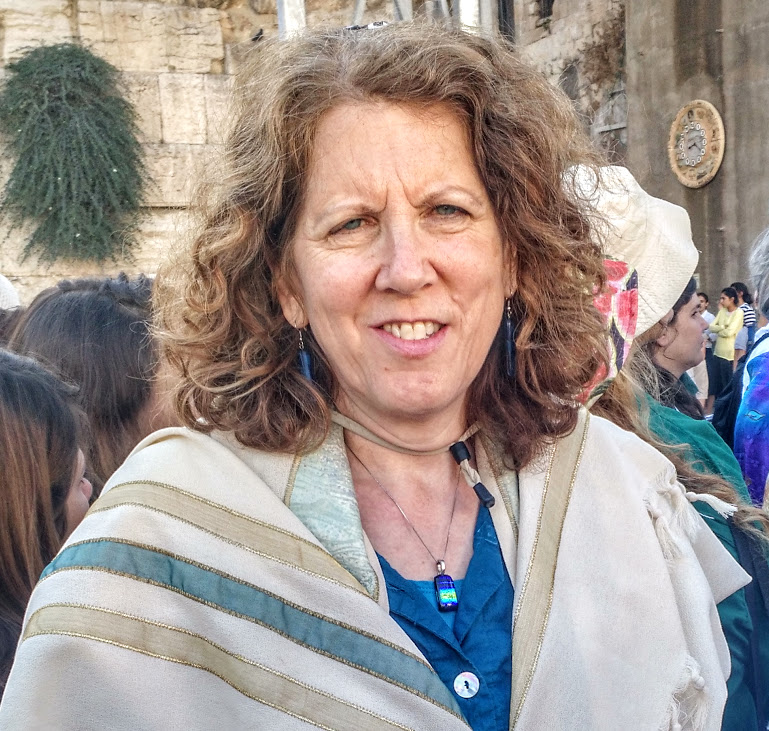
Re’eh: See Immokalee with your own eyes and you’ll understand
See. Re’eh. Much of Sefer Devarim instructs us to listen—Shma. Listening is one important way that people understand and empathize with the stories of others. When we hear or read these from afar, we feel great empathy and outrage. But in our portion, the mitzvot we are called to fulfill require that we see life’s...
more

The Other Side of Shmita
In Hebrew there is an etymological connection between the words “peace” and “pay”. The root of each, shin lamed mem, has lent merit to the quip that “if it is not paid for there is no peace.” One cannot be shalem/whole or complete if one is in debt. Over the years I have certainly felt...
more



